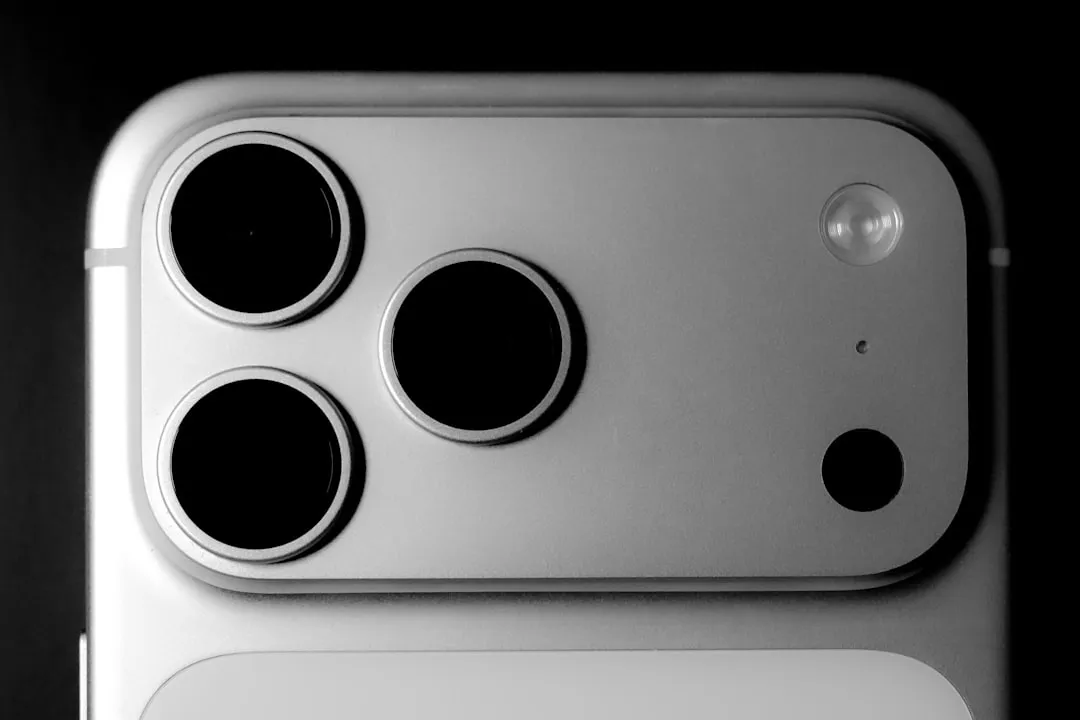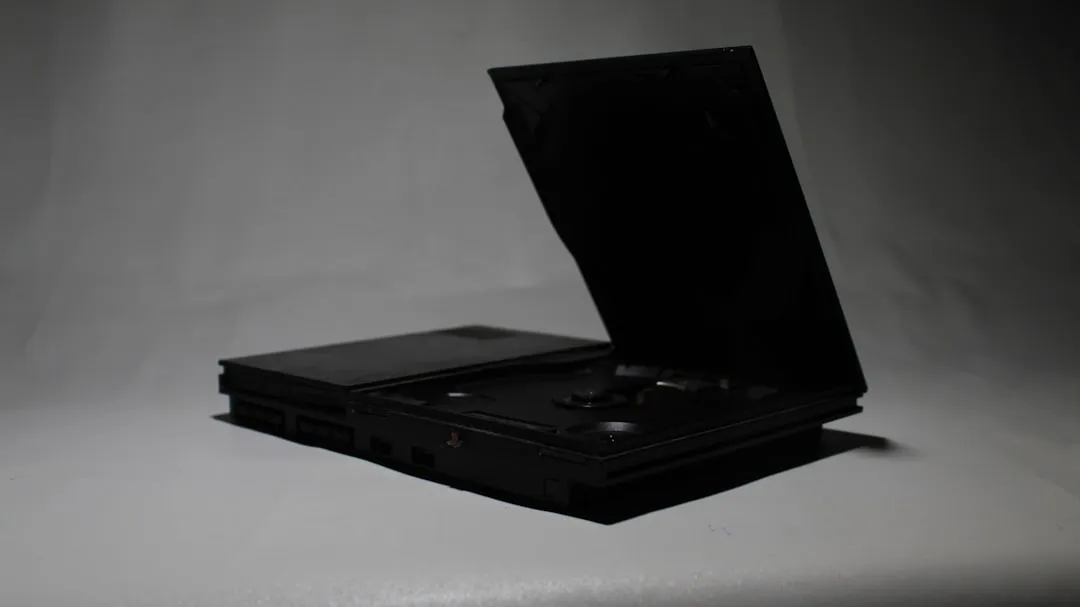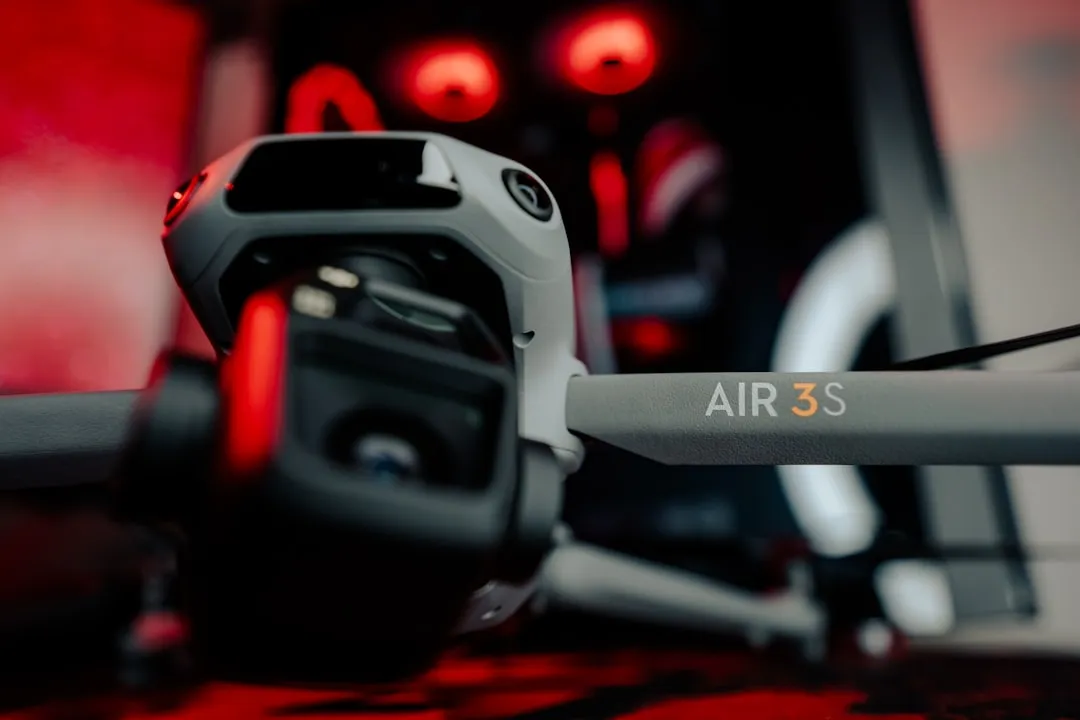The tech world is bracing for a big moment in mixed reality, as Samsung prepares to officially unveil its highly anticipated XR headset tomorrow. This is not just another product launch. It is Samsung's direct challenge to Apple's dominance in premium spatial computing, and the timing could not be more strategic.
Samsung has already begun accepting reservations with a $100 credit toward other Galaxy products, signaling confidence in demand, as noted by Android Authority. The initial production run is planned for approximately 100,000 units, starting in South Korea and potentially expanding to China, according to Xpert Digital. It looks like a measured ramp, test reception and supply chain, then scale.
Early indicators suggest U.S. availability at launch, with promotional offers already appearing for American consumers, per TechRadar. A simultaneous push in Apple's backyard says Samsung wants momentum fast.
What does this mean for the future of spatial computing?
Tomorrow's announcement is more than a product reveal. Samsung's collaboration with Google and Qualcomm creates a unified ecosystem that could accelerate developer adoption and content creation, according to Virtual Reality News. It mirrors the Android playbook, though XR comes with its own headaches, content costs, comfort, and practical use cases.
The Android XR platform's compatibility with existing mobile applications offers an immediate content base, as reported by TechRadar. Instead of waiting years for native apps, users could access millions of Android apps adapted for spatial interfaces. For enterprises, that familiarity matters more than novelty.
The timing of Samsung's launch, landing next to Apple's Vision Pro M5 announcement, sets up a competitive dynamic that could benefit consumers through innovation and pricing pressure, per XR Today. Expect faster iteration cycles, better comfort, and a push toward practical workflows, not just flashy demos.
If Samsung delivers on lighter hardware, aggressive pricing, and seamless Android integration, spatial computing could shift from a niche luxury to a more accessible tool, according to Virtual Reality News. The real test is not whether Samsung can build impressive hardware, the leaked specs suggest they can, but whether they can spark developer momentum, forge enterprise partnerships, and surface everyday use cases that make XR feel essential instead of exotic.
Tomorrow's announcement will reveal Samsung's complete vision for spatial computing's future. With years of development, strategic partnerships across hardware and software, and carefully timed market entry, this launch could be the competition that pushes spatial computing from early adopter curiosity to mainstream productivity tool.

























Comments
Be the first, drop a comment!